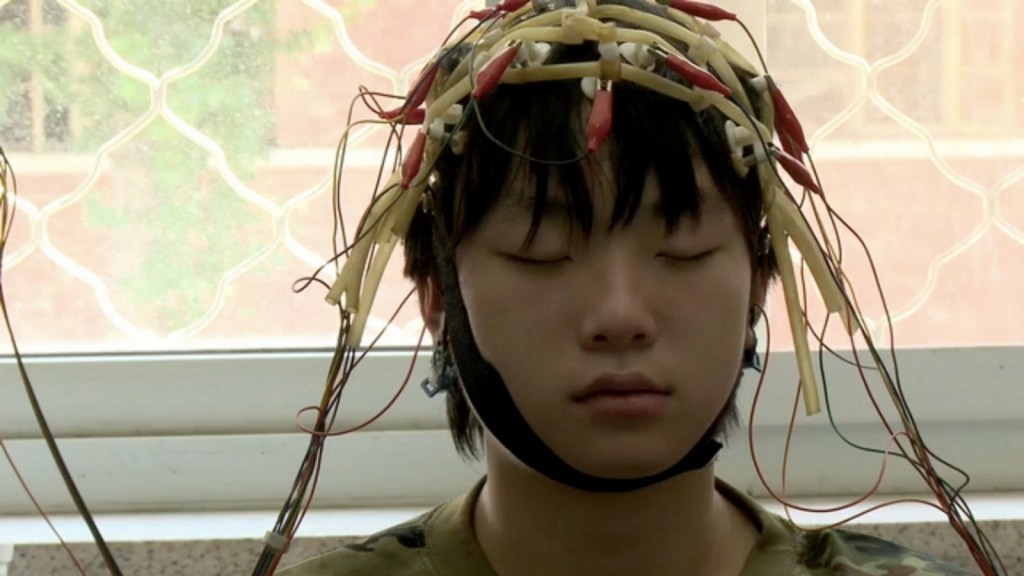By: Addison Wylie
World of Warcraft and those who play the video game have become a punchline in pop culture. Whether we’re overhearing teens and their strategies or watching the boys from South Park take digs at obsessive gamers, we’ve all been exposed to it one way or another.
The youngsters dedicating their lifestyle to it, however, are the ones who are overexposed to the digital battles. They get sucked in and refuse to give up in order to sustain their performance in the game. They eventually favour virtual reality over reality.
The Chinese government has implemented rehabilitation centres to treat Internet Addiction – they don’t mess around. Addicts are usually transported to the facility when unconscious (either during sleep or by medication), or tricked by their parents. The latter happens a lot.
Web Junkie has moviegoers situated at Beijing’s Daxan Camp. It’s very hard to understand the positives the camp offers because of how merciless the conditions are. The guests are thrown into various military activity and the assertive guards look as if they’ve walked off of another base.
While Web Junkie meets the levels of intensity the footage provides (including lash-outs and therapy), documentarians Shosh Shlam and Hilla Medalia have a faded plan as to how the doc should introduce itself along with Daxan Camp. Web Junkie is a film that will have you asking questions regarding the practices almost immediately. But, because of Shlam and Medalia’s avant-garde methods, the information is revealed gently and conversationally – asking the audience to be patient.
We’ve seen this type of fly-on-the-wall filmmaking done before. The reason why it’s so effective is because it throws us into the environment first-hand. But, just as a sprinter needs a solid dash before earning their perpetual stride, the filmmakers need to build that relationship between their topic and the audience with a bang and with stronger details. I understand Shlam and Medalia have used straightforward subtitles to set the scene, but Web Junkie needs more than that.
Web Junkie is a shocking doc though, and the filmmakers’ skill to blend in with the scenery is where the strengths are consistently evident. This plays favourably when Shlam and Medalia are needing to catch group talks where lots of emotion is being poured out. The facilitators are intelligible and don’t feel threatened with the presence of a camera, and Daxan Camp’s visitors (adults or teenagers) are still able to bring their realistic thoughts out in the open with the same courage.
The main focus of Web Junkie is to show just how dangerous “electronic heroin” can be to a generation that is very impressionable. We can hear all the news reports and television specials about gaming that we want, but nothing has brought evidence like Web Junkie has. If anything, the film has proven why an addiction to the internet – aimed predominantly at teens – should be taken just as seriously as any unbreakable attachment to drugs or alcohol.
Web Junkie does come around and explain everything before it comes to an end; giving the filmmakers and the audience that much needed sense of fulfilment. A doc like Web Junkie isn’t geared to contribute a lot of factual food for thought, but the shattering nitty-gritty that Shlam and Medalia allow us to overhear delivers its own kind of eye-opening power.





Be the first to comment